A slice of South India in Karachi: The Tamil Hindus of Madrasi Para
A tiny Tamil community keeps ancient rituals alive in Karachi against all odds
Shumaila Khan
Chief Correspondent
Shumaila Khan, a multimedia journalist and Chevening SAJP fellow with 17+ years of experience, is known for her acclaimed work with BBC Urdu, BBC Indian Languages, DW English, Dainik Bhaskar, UNICEF, and Internews.
Karachi's Tamil Hindus preserve South Indian traditions through vibrant festivals.
Younger generations lose Tamil language but maintain cultural roots.
Tight-knit 100-family community blends Indian heritage with Pakistani identity.
Tucked away behind Karachi’s Jinnah Postgraduate Medical Center, far from the city’s typical hustle, lies Madrasi Para — a small, vibrant neighborhood where the soul of South India quietly thrives.
Narrow alleyways, the aroma of spicy South Indian dishes, temple bells ringing softly in the distance, and women in brightly colored saris create a scene that feels worlds apart — yet it's right here in Pakistan.
This is home to Karachi’s Tamil Hindu community, comprising around 100 families. Their story dates back to the early 20th century when families from Madras (now Chennai) migrated here during British colonial rule, drawn to the then-developing port city of Karachi. A second wave arrived shortly after the Partition of 1947, seeking better economic opportunities and a chance to build a future in a newly formed Pakistan.
Today, many of them reside in Madrasi Para, with smaller groups settled in Korangi and Drigh Road.
Faith on foot: Panguni Uthiram in Karachi
Recently, the community marked Panguni Uthiram, a Tamil festival that commemorates the divine wedding of Lord Murugan, a deity deeply revered in South Indian Hindu traditions. For one day, Madrasi Para bursts into color and celebration — a contrast to the quiet, working-class life it usually knows.

Women dressed in traditional orange and red saris, faces glowing with tilaks and sindoor, sat on verandas while the younger girls decorated their foreheads. Men and boys wore white veshtis (similar to lungis), their shirts neatly pressed for the occasion. From house to house, the community exchanged greetings, blessings, and plates of prasad.
“This day reminds us where we come from,” said Parameshwari, seated outside her home. “Lord Murugan is central to our culture — all of our language, devotion, and identity come from him.”
For many, Panguni Uthiram is also a deeply spiritual moment. “We give up meat and eggs for a whole month. There are rules we follow strictly,” said Anuratri, a young woman from the community. “It’s about discipline and devotion.”

A journey of devotion
The most striking aspect of the festival is the procession — barefoot, under the scorching Karachi sun. Men carry kaavadi (decorated ceremonial arches), symbolic wooden frames decorated with peacock feathers and flowers, as they walk from the Mariamman Temple in Madrasi Para to the Hanuman Temple, around four kilometers away. Women walk alongside, singing devotional hymns, while children run ahead, offering water or helping carry the offerings.

At the Hanuman Temple, a sacred and intense ritual takes place — Alagu, where vows are fulfilled by piercing the skin with fine needles or small spears. The ritual is led by Maharaj Kari Das, one of the last Tamil elders in Pakistan fluent in the language and trained in traditional scripture. To outsiders, it may look painful, but to devotees, it is a powerful expression of spiritual commitment.
Once the rituals conclude, the devotees return to the Mariamman Temple, where food is served — not on plates, but banana leaves. But before anyone eats, the food is first offered to the gods. Only then do those observing fasts break them.
Language, memory, and belonging
Built in 1964, the Mariamman Temple is more than a place of worship. It’s a cultural nucleus, a space where hymns are still sung in Tamil, where elders recite verses from memory, and where the younger generation — many of whom cannot speak the language fluently — witness what remains of their ancestral identity.
“Most of us don’t know Tamil anymore,” said Kasturi, a teenager. “We understand when the elders speak, but we can’t speak it ourselves.” Ironically, it is often Tamil women married into the community from India who bring the language back into households, sharing songs, stories, and rituals that keep the roots alive.
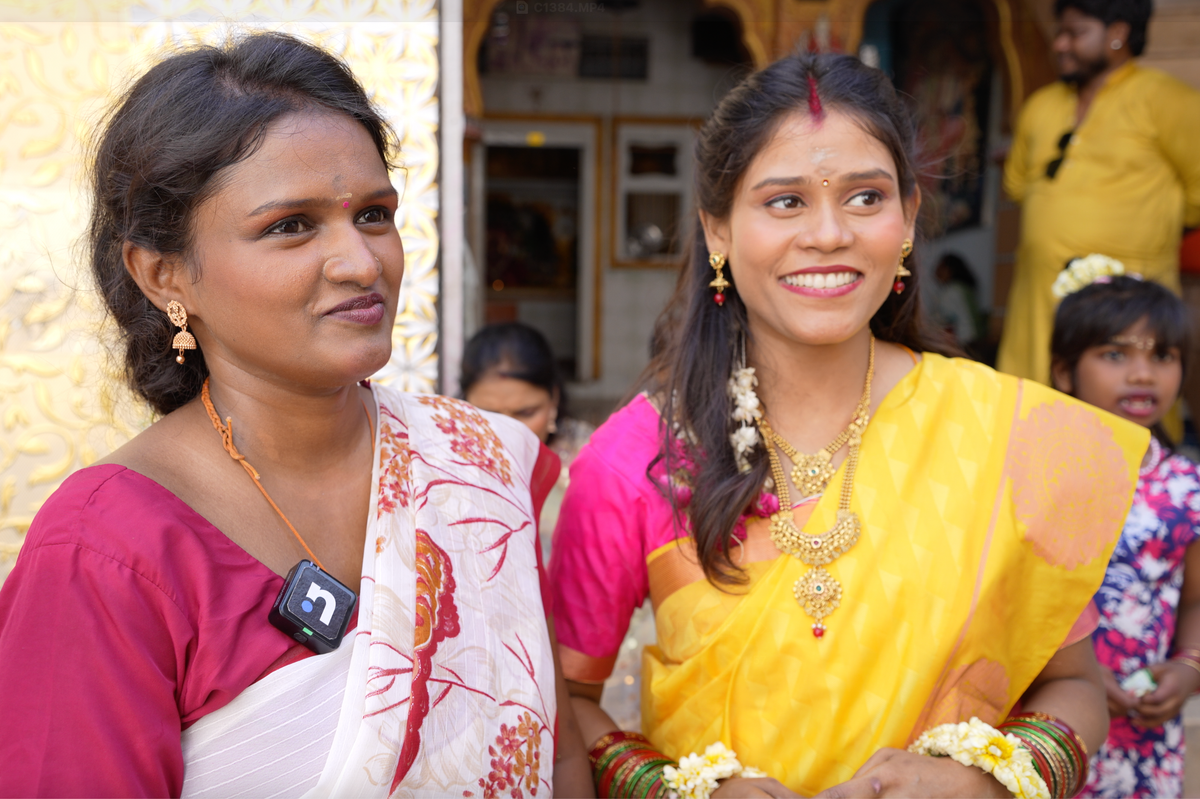
Elder Narayan Swami, now in his 50s, spoke just a few words in Tamil — one of the handful of lines he still remembers:
“I am Tamil. I am the son of Veera Swami. I live here. This place is like our village.”
A minority within a minority
According to the digital census conducted in 2023, the Hindu population in Pakistan stands at approximately 3.8 million, most of whom live in Sindh. But Tamil Hindus — with roots in South India, distinct from the dominant Gujarati or Sindhi Hindu groups — form a tiny sub-minority within this larger minority.

Their community is close-knit. In Madrasi Para, people leave their doors unlocked. Children play in the lanes, elders sit under the shade of neem trees, and life moves at a pace much slower than the rest of Karachi. Yet, when there’s a crisis or a celebration, the entire neighborhood comes together — cooking, cleaning, praying, or simply offering company.
“We may be South Indian by blood,” said Narayan Swami, “but we are very much Pakistani in spirit. Our children go to school here, we work here, we live together, and when anything happens — we’re all there for each other.”
Cultural resilience in modern Pakistan
In a time when globalization often flattens local identities and languages, Karachi’s Tamil Hindus are an example of cultural endurance. Though their numbers are small and their visibility even smaller, they’ve managed to keep centuries-old rituals alive — in temples, kitchens, and hearts.
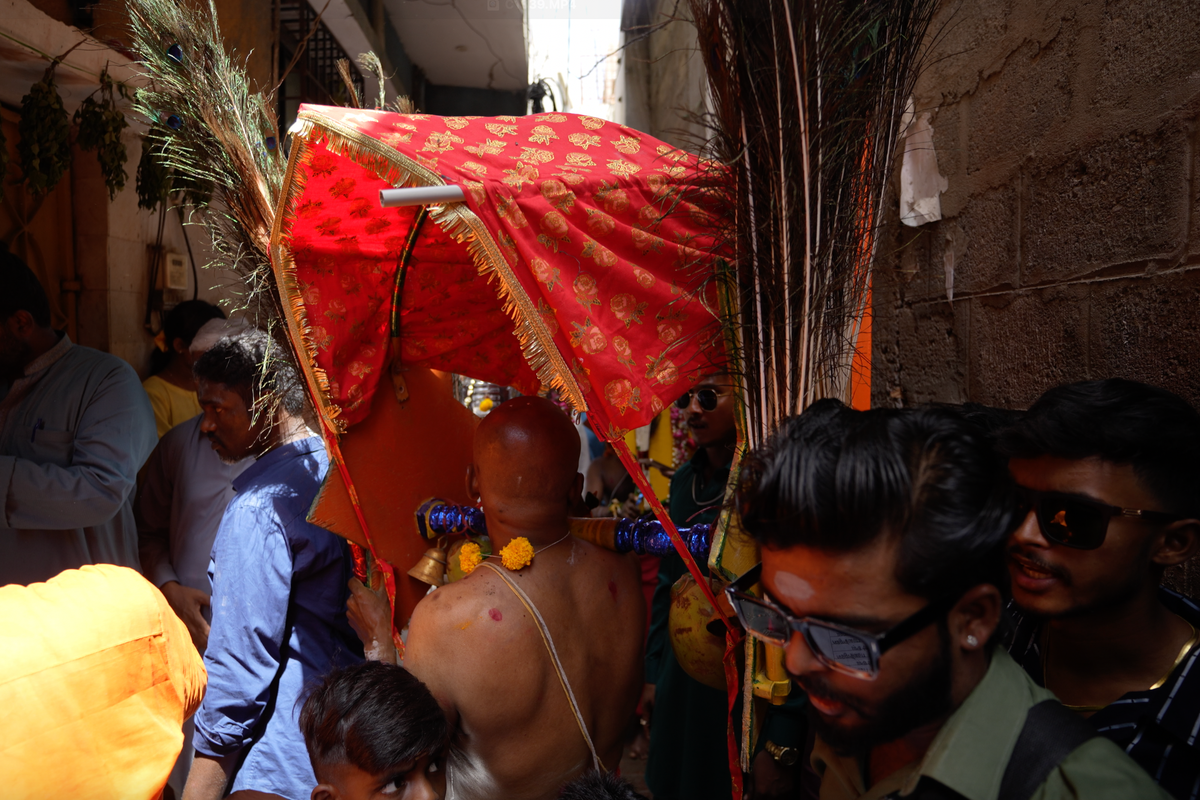
This story isn’t just about a festival. It’s about what it means to belong — to hold onto one’s past while navigating the present. In a metropolis known for its chaos and complexity, Madrasi Para stands out for its quiet strength, resilience, and an enduring connection to heritage.
In the grand mosaic that is Pakistan, this community may be a tiny tile — but it adds richness, color, and history to the whole.


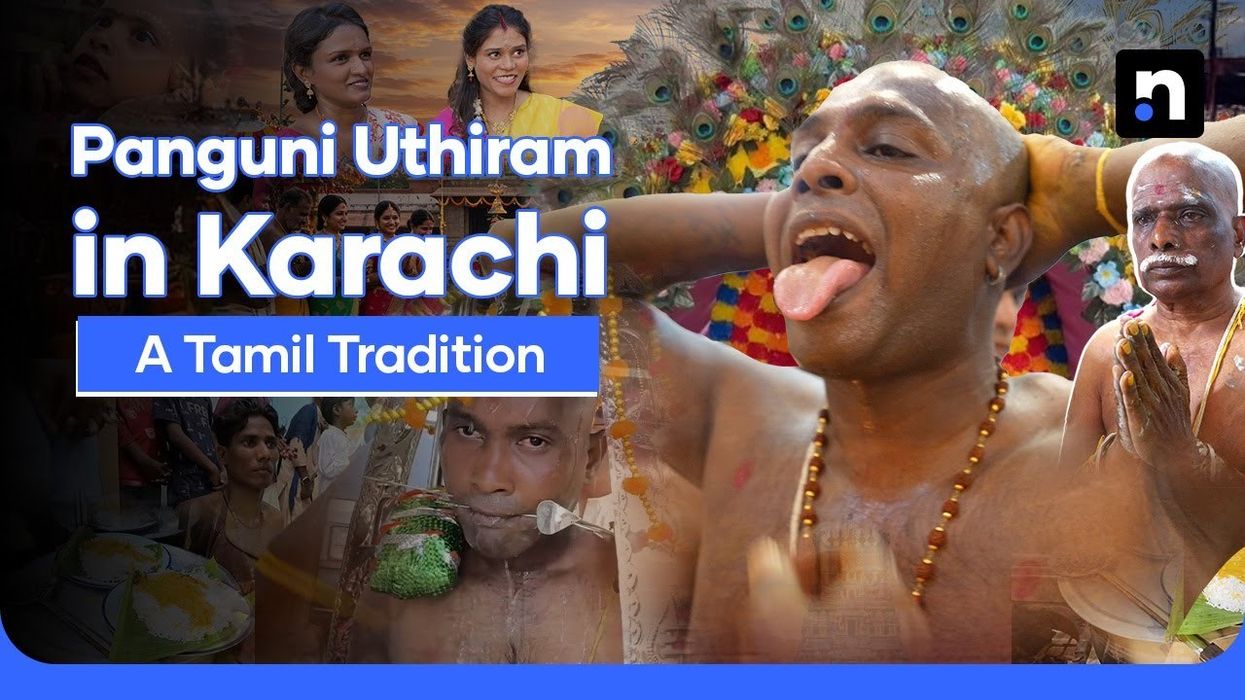
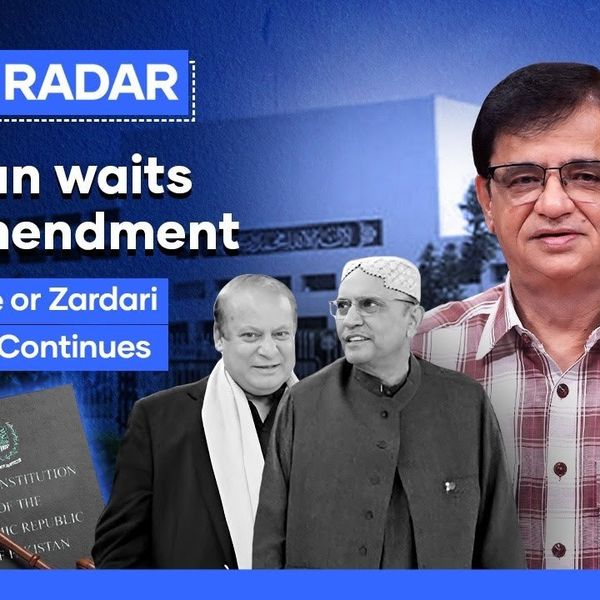
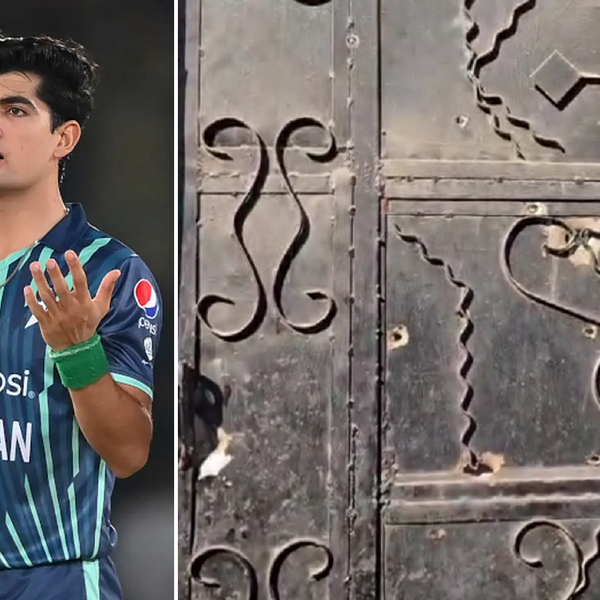
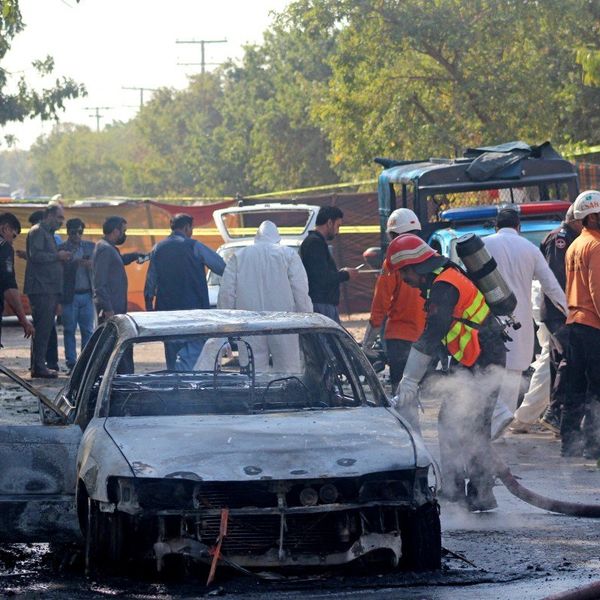
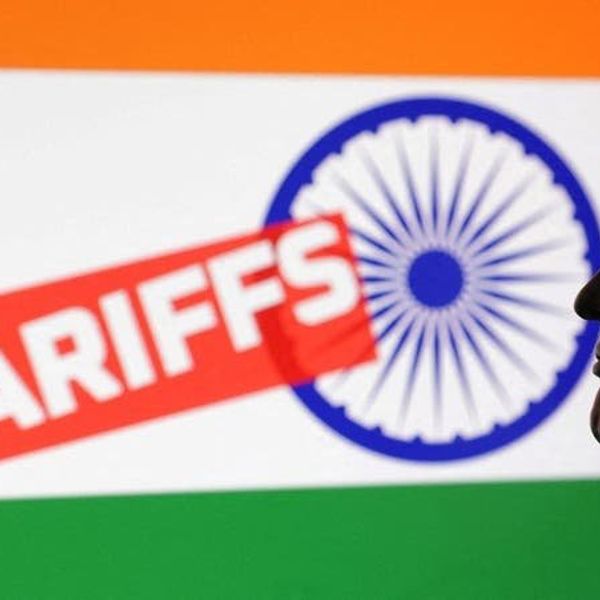


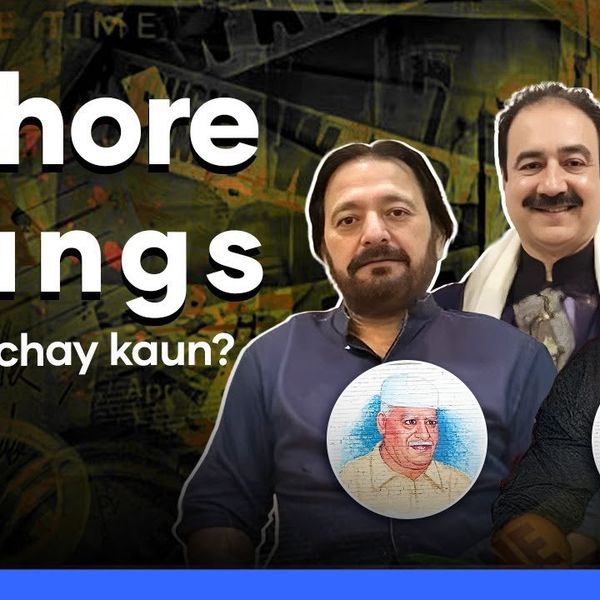

Comments
See what people are discussing